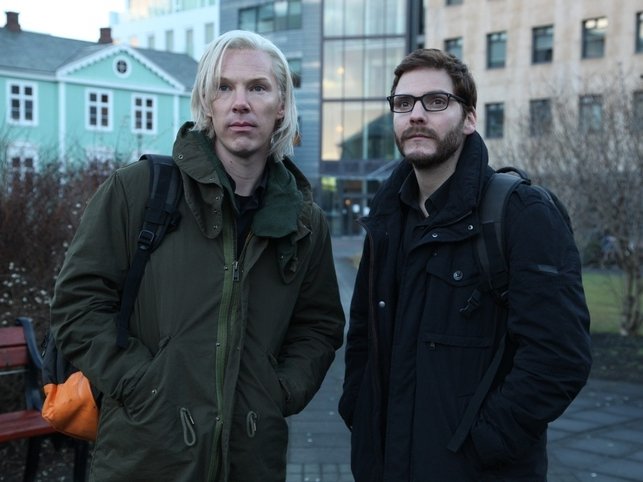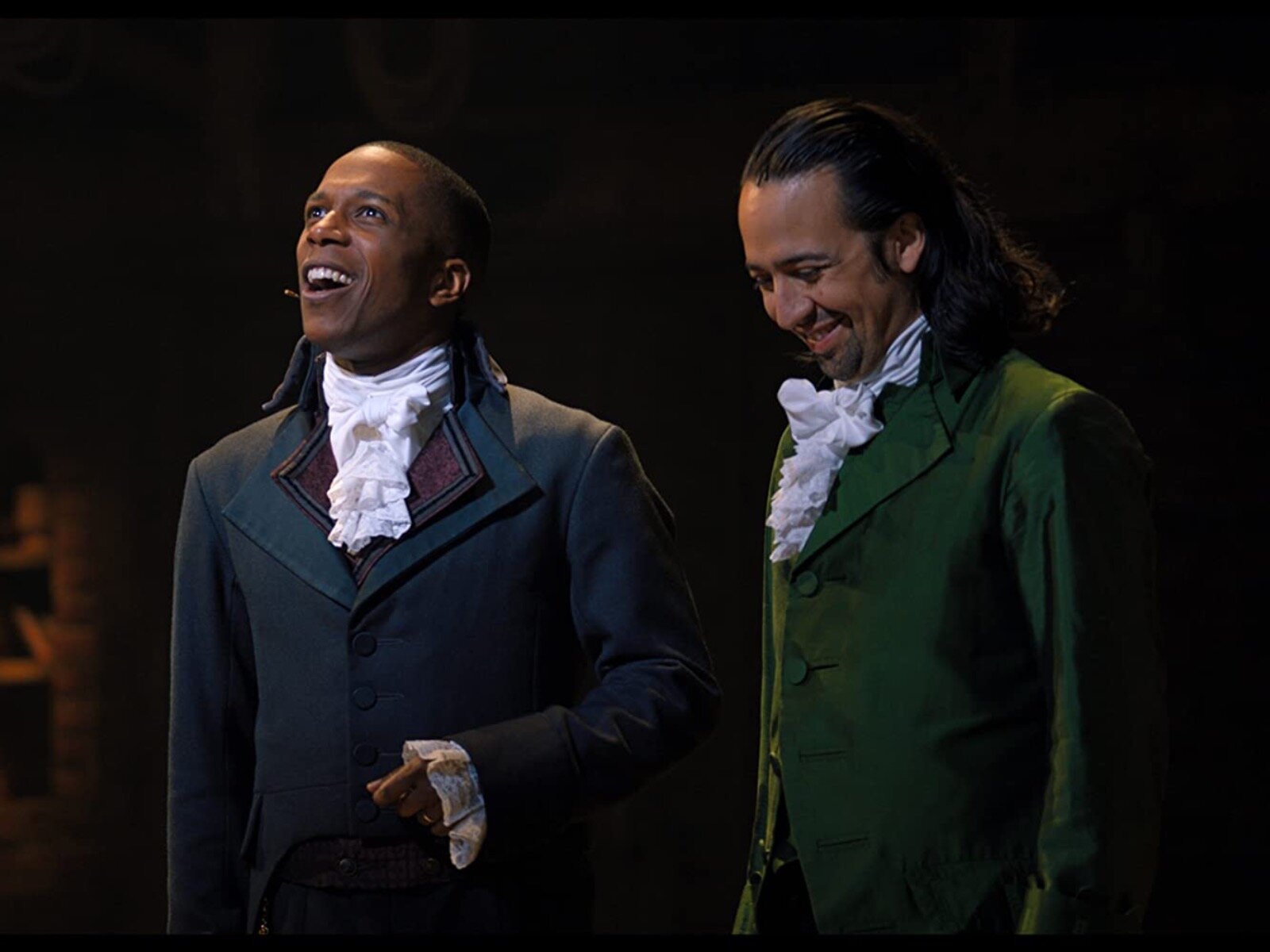Remember back when "The Social Network" came out in 2010, and it made computer jargon, programming and other seemingly dry behind-the-scenes stuff seem exciting and thrilling? Fincher and company gave the proceedings a rich, dark mood, while Sorkin’s Oscar-winning script was predictably snappy, but also smart and insightful.
Bad news, folks; that’s not "The Fifth Estate," the much-ballyhooed biopic of lauded and loathed WikiLeaks founder Julian Assange. The real life Assange, still currently still in asylum in the Ecuadorian embassy in London, has already spoken out against the project, calling it inaccurate and getting his revenge by leaking the script a month before its release.
"I do not believe that this film is a good film," Assange said in a letter to star Benedict Cumberbatch. Say what you will about the man’s ethics or politics, but he’s dead on when it comes to this inert number.
When the audience first meets Assange (Cumberbatch), he’s awkwardly, if effectively, presenting WikiLeaks at a conference to a smattering of disinterested hackers and computer junkies. His goal of justice and accountability, however, captures the attention of Daniel Berg (Daniel Brühl, "Rush"). The two join forces and start muckraking their way to fame, taking down corrupt dictators and banks until they come upon the biggest leak of all: a collection of thousands of classified government war documents.
They decide to post the leaks with the coordination of multiple landmark newspapers. The U.S. government – played by Laura Linney, Anthony Mackie and Stanley Tucci – would prefer they didn’t.
As a history lesson, "The Fifth Estate" works decently enough. TV vet Josh Singer’s script and Bill Condon’s direction speedily run the audience through as many notable events in the history of WikiLeaks as possible. The problem is that, like many of the history lessons you may remember doodling through in school, it’s not very interesting.
The screenplay blandly regurgitates the key events onto the screen like a Wikipedia page, without any real insight on the moral complexities of the site or its polarizing founder. When the script tries, its on-the-head diatribes about history, journalism and the importance of the site come with an audible clunk.
Even when the massive dump of wiretaps and leaks eventually comes, there’s no tension or sense of the stakes. It’s mostly just government officials complaining and bickering in the office. With all of the movie’s pretensions of significance – from the exposition-heavy dialogue about things "the wooorld neeeeds to knoooow!" to even just the opening credits, assuming WikiLeaks’ place in the history of communication – it sure makes WikiLeaks feel trivial.
The focus is instead on the testy relationship between Assange the self-important, slightly paranoid ego and Berg the conscience. It’s not a poor choice, especially considering the two quality performers in the leads. It’s just poor execution. Singer and Condon never get anywhere beyond the surface of the enigma that is Assange, so the story just ends up damp and predictable. Any thoughts or opinions you have going into the theatre about the man or his website won’t have changed much on the way out.
Condon (who deserves credit for directing the last two "Twilight" films and coming out alive) brings a visually unremarkable style to match the unremarkable script. His few attempts at adding some creative spark to the story end up making "The Fifth Estate" feel even clumsier.
The most glaring example is a reoccurring visual of an imaginary ceiling-less office filled as far as the eye can see with desks. Considering how much the image is used, the filmmakers must really like it. They’re the only ones, as it’s a confusing and cheap visual metaphor.
Another sequence – an online chat discussion between Assange and Berg – looks like something out of a techno-paranoia thriller from a decade or two ago (I’m thinking "The Net" or "Antitrust"), with a mess of digital words scrolling over across the screen and across characters faces. It's a trick that dates a movie that already feels old. The fact that voiceover narration blatantly reads their chats to the audience while the text is on screen only adds to the embarrassment.
To be fair to Condon, he keeps the film moving forward quickly, and the cast is quite good as well, especially Cumberbatch. He does his best to take Assange – who, with his long white hair and aloof voice, already looks like an ’80s action movie baddie – and make him more of a character than a cartoon of either villainy or journalistic integrity. But that can’t save "The Fifth Estate" from being a lively movie that never actually comes alive.
As much as it is a gigantic cliché to say that one has always had a passion for film, Matt Mueller has always had a passion for film. Whether it was bringing in the latest movie reviews for his first grade show-and-tell or writing film reviews for the St. Norbert College Times as a high school student, Matt is way too obsessed with movies for his own good.
When he's not writing about the latest blockbuster or talking much too glowingly about "Piranha 3D," Matt can probably be found watching literally any sport (minus cricket) or working at - get this - a local movie theater. Or watching a movie. Yeah, he's probably watching a movie.







